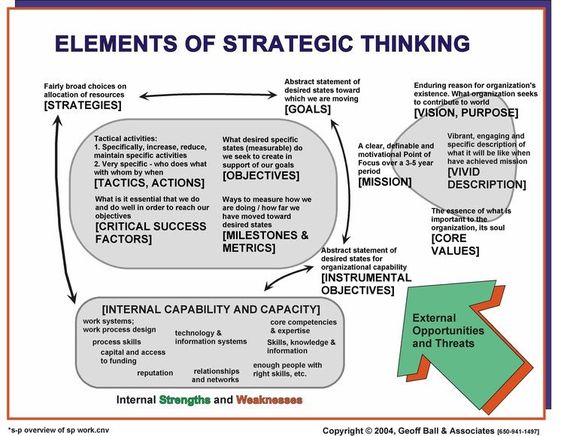Implementing Telemedicine Services
With the rise of technology, telemedicine services have become an increasingly popular way for patients to communicate with their healthcare providers. As healthcare providers are faced with changes in healthcare policies and funding, telemedicine services have become an essential tool for patient care. By integrating telemedicine services into their system, healthcare providers are able to improve access to care, reduce costs, and increase patient satisfaction.
Using Analytics to Improve Patient Outcomes
Another example of strategic thinking in healthcare is using analytics to improve patient outcomes. By accessing data on patient outcomes, healthcare providers can identify trends and develop strategies to improve health outcomes for their patient population. Analytics can also help to identify areas where costs can be reduced while maintaining high-quality care.
Developing Healthcare Partnerships
In today’s healthcare industry, it is imperative that healthcare organizations work together to improve patient care. By developing strategic partnerships with other healthcare providers, organizations can share resources and ideas, develop common goals, and improve overall efficiency.
Embracing Patient-Centered Care
Patient-centered care is an approach to healthcare that places the patient at the center of all healthcare decisions. By focusing on the patient’s needs and preferences, healthcare providers can improve patient outcomes and satisfaction. Embracing this approach involves developing patient-centered care plans, training staff on patient-centered care techniques, and creating a culture of patient-centered care within the organization.
Implementing Health Information Exchange
Health information exchange (HIE) is a process that allows different healthcare providers to share patient information in a secure and efficient manner. By implementing HIE, healthcare providers can improve communication among providers, reduce duplication of services, and improve patient outcomes.
Developing Population Health Management Programs
Another example of strategic thinking in healthcare is developing population health management programs. These programs focus on improving the health of the overall population by identifying and addressing the underlying causes of illness and disease. By developing these programs, healthcare providers can improve the health of the population they serve and reduce healthcare costs.
Implementing Chronic Care Management Programs
Chronic care management programs are designed to help patients manage chronic conditions such as diabetes, heart disease, and asthma. By providing support, education, and resources to patients, healthcare providers can help these patients better manage their conditions and improve their overall health outcomes.
You might find these FREE courses useful
- Strategic Sales Management Specialization
- Strategic Sales Management Final Project
- Strategic Management and Innovation Specialization
- Strategic management: Be competitive
Embracing Value-Based Care
Value-based care is an approach to healthcare that focuses on improving patient outcomes while reducing costs. By focusing on outcomes, healthcare providers can identify areas where improvements can be made, and implement strategies to improve those outcomes. Embracing value-based care involves changing the way healthcare is delivered, measuring outcomes, and focusing on patient-centered care.
In conclusion, strategic thinking is a critical component of success in the healthcare industry. Whether it is using technology to improve patient care, developing partnerships with other healthcare providers, or embracing patient-centered care, strategic thinking can help healthcare providers achieve their goals and improve patient outcomes. By implementing these strategies and programs, healthcare providers can ensure that they are providing high-quality, cost-effective care to their patients.
